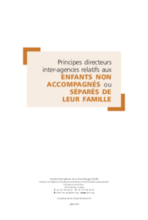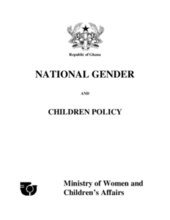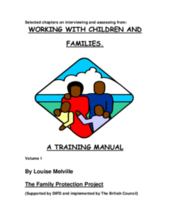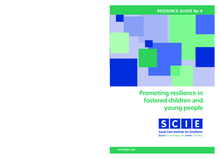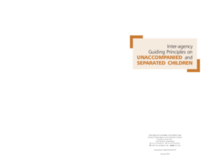Demographic Data
|
Sources: World Bank, UNICEF, UNDP HDR 2015, DHS 2013 |
Displaying 14081 - 14090 of 14551
Les principes directeurs inter-agences relatifs aux enfants non accompagnés ou séparés de leur famille sont destinés à garantir que toutes les mesures et décisions prises au sujet des enfants séparés de leur famille sont ancrées dans un cadre de protection et respectent les principes de l’unité de la famille et de l’intérêt supérieur de l’enfant.
Les enfants en famille d’accueil sont une population à haut risque de troubles d’attachement. Dans une tentative de prévention de tels troubles, une Clinique d’Attachement a été développée à Montréal (Canada) dans le but d’offrir une consultation aux intervenants en Protection de l’Enfant qui œuvrent avec les enfants 0-6 ans en famille d’accueil et leurs familles.
This National Gender and Children Policy developed by the Ghana Ministry of Women and Children's Affairs aims to mainstream gender concerns in the national development process.
This article discusses the importance of safety and stability to healthy child development and reviews the research on the risks associated with maltreatment and the foster care experience in the United States.
Core interagency resource on the principles of practice with separated and unaccompanied children. Includes prevention of separation, evacuation procedures, and tracing, reunification, and care arrangements.
Theory and practice guidance on interviewing and assessing children and families. Contains an example assessment, as well as training questions and answers on communication skills, planning, and assessment.
Practice guidance on how to communicate with children and young people who have experienced sexual, physical or emotional abuse.
A guide to building a child-focused foster system that works with the strengths of children and young people to enhance their resilience and ability to cope with adversity. It outlines practical ways to support caring relationships and create positive educational experiences that bolster self-esteem and self-efficacy.
Guidelines for identifying and reporting child abuse, and improving professional practice in both statutory and voluntary agencies providing services to children and families.
Provides guidance on role of humanitarian agencies in ensuring protection and appropriate care provision for separated and unaccompanied childre, with a particular emphasis on preserving family unity and ensuring identification, tracing and reunification is pursued.

